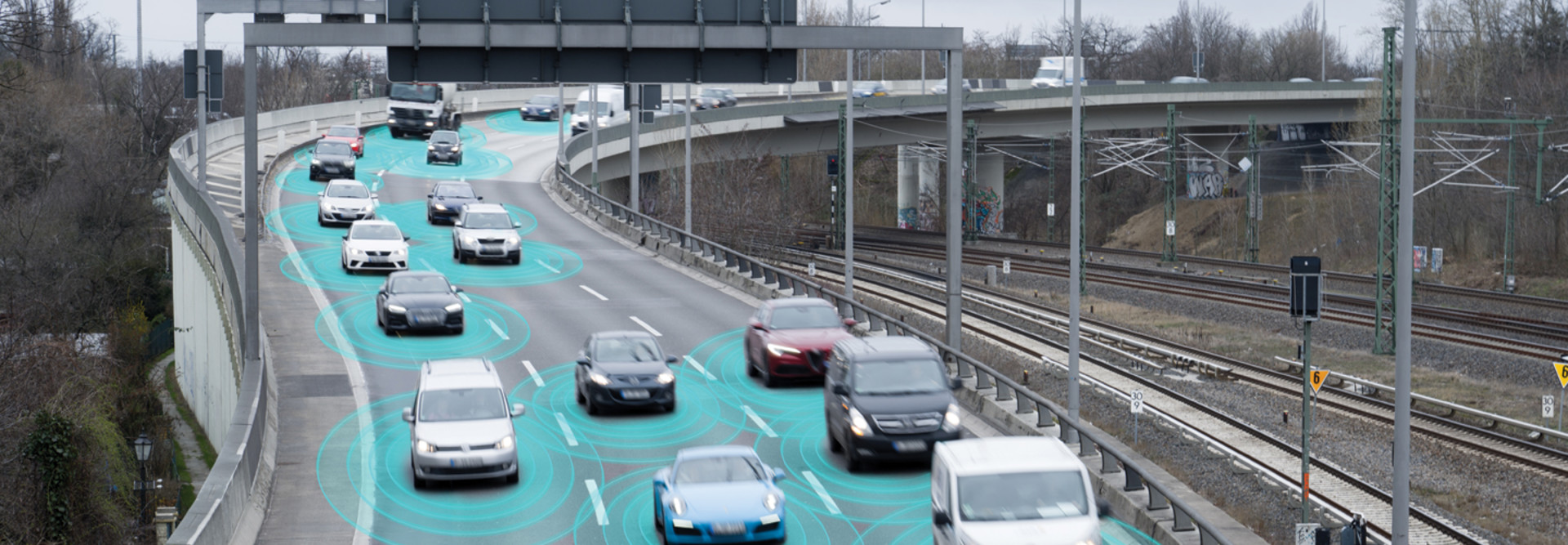Michigan Sets the Stage for Smart Transportation
The new office is taking a broad look at the state’s autonomous vehicle and smart transportation initiatives in an attempt to combine those into a unified approach. “We believe a true strategic plan or strategic road map is necessary,” Pawl tells Michigan Radio. “Not just for the next five years, but think about the next 20 years.”
According to a press release, the OFME will focus on six objectives:
- Increase mobility investment in Michigan: Generate new investment and job creation from tech companies focused on future mobility, including autonomous and electric vehicle innovation.
- Expand Michigan’s smart infrastructure: Further develop systems for deploying autonomous and shared transportation.
- Engage more mobility startups: Establish Michigan as a premier location for young companies to start, scale, commercialize and grow technologies redefining the movement of people and goods.
- Further enable Michigan’s mobility workforce: Develop and attract the skills and talent necessary to meet the changing demands of the mobility sector.
- Accelerate electric vehicle adoption in Michigan: Support the transition from internal combustion engine vehicles to electric vehicles and expand access to charging infrastructure.
- Bolster Michigan’s mobility manufacturing core: Protect the state’s competitiveness in electric and autonomous vehicle manufacturing and ability to move technologies into industrial-scale manufacturing.
Michigan’s continued push to get autonomous vehicles on the road is designed to improve pedestrian and driver safety, especially as vehicle-to-infrastructure communication technology matures.
“Over the last decade, over 10,000 people in Michigan lost their lives due to car crashes; 94 percent of that is because of human error,” Pawl tells WXYZ.
“The sooner smart infrastructure and smart technology in vehicles is deployed, the more lives can be saved,” Pawl tells MLive.com. “That’s what’s creating our sense of urgency.”
Technology can also be used to help make roadways safer in other ways, Pawl argues. “For instance, artificial intelligence that can help predict and prevent potholes, using data, and give the city a heads up that hey, this particular intersection in about to get a little bit more dangerous,” he tells WXYZ.
The OFME will partner with Michigan cities including Detroit, Grand Rapids and Ann Arbor for ideas on how to keep the state at the forefront of mobility and smart transportation technology, according to Smart Cities Dive.
The new office will bring together agencies such as the Michigan Department of Transportation and the Michigan Economic Development Corporation, as well as departments such as the Michigan Department of Agriculture and Rural Development, which can leverage autonomous vehicle technology research in smart farming.
“I want this state to be one of the easiest places to move around — whether you’re in the city or whether you’re in the country,” Pawl tells MLive.com. “It’s as much about creating jobs in mobility and automotive as it is about leveraging new technologies to improve the lives of Michigan residents.”
MORE FROM STATETECH: Find out how Columbus, Ohio, is moving ahead on its smart mobility plans.











